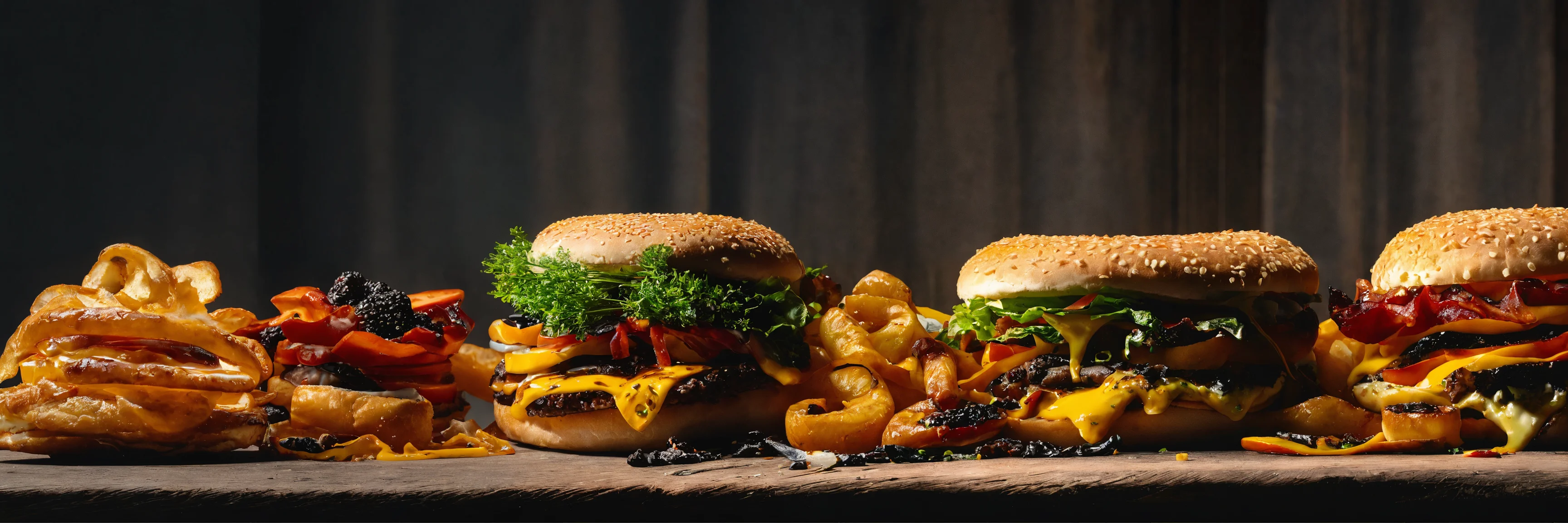“When people are attacked, when they are in a state of stress, there is no hope that they can be rehabilitated…”
I won’t reproduce the entire article “Working with Addiction: Dr. Gabor Maté Explains Why Kindness and Love Are More Effective Than Punishment” here, as you can easily read it its original version, if you’re interested…
I want to draw your attention to the fact that very often people with excess weight are compulsive eaters. This doesn’t mean that they have “let themselves go” or “stopped caring about themselves”. It means they have a food addiction. It’s not necessarily about the quantity consumed, but often an addiction to a specific food that gives them a sense of security.
What is addiction? You don’t know? It’s when the level of internal comfort (security) drops so much that the psyche almost or completely switches to restoring internal balance (the degree of security), and until that balance (comfort) is restored, it may not work on any other tasks. That’s why addiction is so hard to overcome: a person has to give up feeling secure (which is a threat to their entire existence) in order to weaken the addiction. Addiction is called addiction because a person’s inner peace depends on something, it’s not there as such, often it is destroyed during childhood (or adolescence). So, when this internal mechanism of “restoring peace (often at any cost)” kicks in, a person seems to become blinded at some point. They are often unable to analyze their actions, but even if they realize they are doing something wrong, they, like abnormal, continue to follow the dictates of the psyche, and until they restore the necessary inner feeling, they won’t stop. Often, after restoring inner peace, a person may blame themselves for “showing weakness”, suffer (of course, this does not contribute to raising self-esteem).
Therefore, if these are indeed people who cannot be called “lowered” or “neglectful” in all other respects, the addiction in these people is stronger than their desire to change. Such cases happen – no matter how much a person works, even if they manage to lose weight, they still later “eat up” everything. Moreover, this often happens precisely after they lose weight, because they need much more inner strength for this process than people who become overweight just because they don’t move much and eat a lot, but who do not have compulsiveness in their eating behavior. Moreover, besides the fact that a compulsive overeater has to literally “sweat” to lose weight, they also have to live without any protection for a while during weight loss, which was previously provided by the consumption of certain (not useful for balancing and losing weight) products. And when they finally achieve some goal – through titanic efforts of internal experiences without the usual protection from the outside world, which has never been particularly favorable to them (we know the attitude towards overweight people, up to contempt and hatred, I even heard opinions that overweight people should be forcibly treated and not allowed to show their faces on the street), – internal restrictions weaken, and the body and psyche again demand protection.
If the weight loss process goes without correcting the cause of compulsive eating behavior, then after weight loss, a new gain of weight is inevitable: no new internal protections to replace the food protections have been developed, the surrounding world, most often, does not change. Not knowing anything better, the psyche demands the familiar method of protection – the old good friend “comfort food”. Even if there is correction of eating behavior, if the cause is not eliminated, the compulsiveness will “shift” to something else – alcohol, drugs… How many things can one get addicted to?
In the cases of women, especially those who have been subjected to violence and compulsive overeating and excess weight as a protection, successful weight loss and transformation into a much more attractive person for a larger number of these men, the process of gaining weight back may even accelerate. Logically: a traumatized woman protected herself from men by excess weight (of course, very often this does not come to a conscious level!), lost weight, men started paying attention to her, from whom she protected herself, and now they are a direct threat, against which there is no internal or external protection. What to do? How about returning internal protection, a sense of security.
Therefore, very often, even when losing weight, a woman with a sexual trauma, unable to maintain the low weight, may even panic internally! Those who cannot imagine the influence on a woman (especially sexual!) trauma cannot understand why the “weak-minded blob” has “given up on herself” again. Women-compulsive eaters who have gone through several cycles of weight loss and subsequent (often inevitable) weight gain often suffer deeply – both because they did not manage to stay at this weight even once (“I am a weak-willed blob”), and because they, in principle, have to be overweight again, especially after they have already tasted the lightness and joy of being thin. But the saddest thing is that with each time, such a woman has less faith in herself, in her success, more pain from the realization that she may never have to be thin again, and since thinness is often equated with attractiveness, then attractive, and if she is alone, then she may start to question the very probability of ever being happy.
Moreover, she is criticized from all sides on the topic that she has “spread out” again (“overate”, “given up on herself”), those who don’t know her judge her by her appearance and draw conclusions about her intelligence (“if she had any sense, she would have pulled herself together, it’s so simple!”), she faces much more difficulties in building a career, close romantic and even friendly relationships, and this only worsens with age. And no one from her environment understands that deep down inside such a woman there is a terrible, panicky, often even mortal fear, and it is precisely this fear that makes her reach for a new piece, even if it’s at her throat, and in her eyes there are severe contemptuous faces, reproaching her for overeating.
The only thing that will save such a woman is if all her loved ones start warming her from all sides – with support, faith in her, accepting her as she is (by analogy – allowing her to use sterile needles and water), without criticism, without insisting that she must lose weight (this is what the whole rest of her world insists on), but supporting and helping her in everything that can contribute to damping her trauma. No, it won’t help her if you insist that she urgently go to the gym and “stop eating”. Yes, it will help her if you pay attention to her every day, to her value for this world, to discover this value in her and remind her of it every day with love and acceptance.
What is acceptance – it is complete permission for something to be in the form, shape, manifestation it is. I know, it’s hard. But it’s the only way.
Only by saturating herself with this acceptance to a sufficient degree, can a traumatized woman be capable of overcoming the internal fear of this world and transition to the realm of self-love.
Can a person do this alone, without the help of loved ones? Specialists claim that without the support of loved ones – exactly such, total acceptance without reproach and stimulation to do something – it’s impossible. Honestly, I don’t know, although I believe that a person can do anything, especially if they really want to.
Still, I’ll add. Yes, I believe a person can manage alone. But I still consider it very, very, VERY difficult task. Only a very strong, self-aware person, who understands how it works, understands their fear, and is ready to change, ready to work to release this fear and find the strength within to completely change their life, can be capable of it.





No responses yet